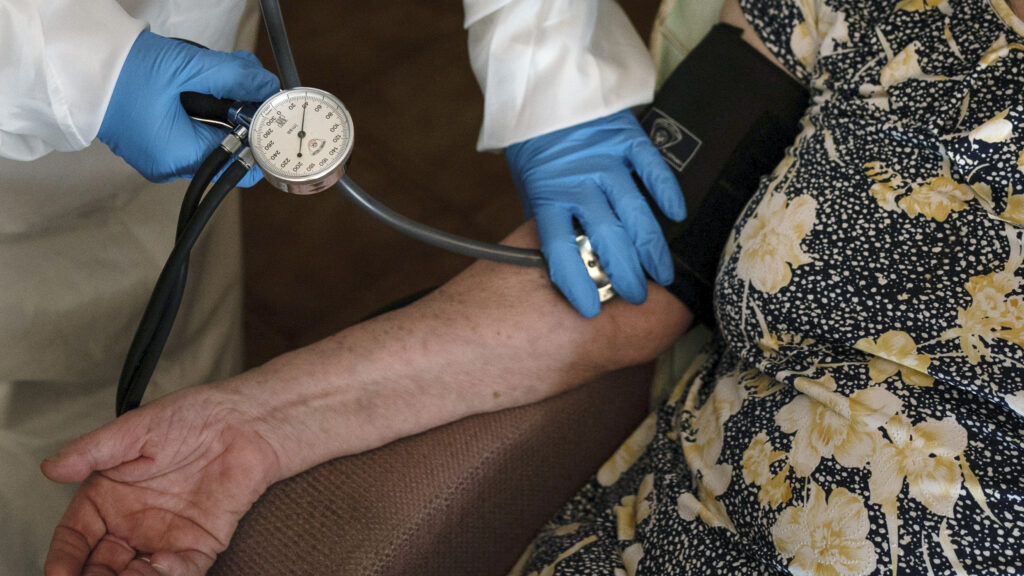Women's Health Funding Hangs in the Balance: Kennedy's Promise vs. Political Reality

A groundbreaking women's health research project hangs in uncertainty as funding for the Women's Health Initiative remains in limbo. After initial reports of budget cuts followed by apparent restoration, researchers are still anxiously awaiting definitive confirmation about the study's financial future.
The Women's Health Initiative, a landmark research program that has provided critical insights into women's health over decades, now faces potential disruption. Scientists involved in the project are caught in a tense waiting period, uncertain whether their vital work will continue uninterrupted or face significant financial constraints.
While initial rumors suggested complete funding elimination, subsequent reports hinted at a potential reprieve. However, the lack of official confirmation has left researchers and health advocates on edge, concerned about the potential impact on ongoing and future studies that could significantly advance women's medical understanding.
The ongoing funding uncertainty underscores the fragile nature of long-term scientific research and the critical importance of sustained financial support for comprehensive health studies that benefit millions of women nationwide.
